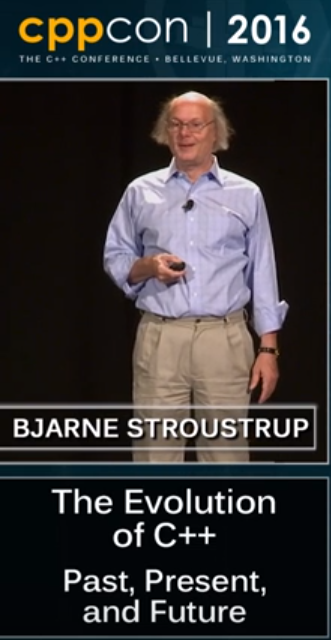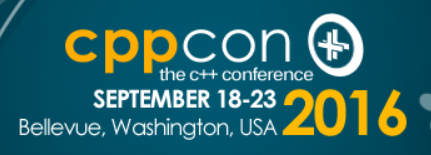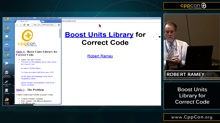doctest—the lightest feature rich C++ single header testing framework released! -- Viktor Kirilov
The lightest feature--rich C++ single--header testing framework for unit tests and TDD
doctest 1.1.0 released!
by Viktor Kirilov
From the release:
- huge improvements in compile times of asserts -- 70--95% faster than the first release!
- many minor fixes -- see the changelog
- improved documentation -- and the much requested differences with Catch section in the FAQ
The reddit thread might be of interest as well.
The project is looking for sponsors and publicity!

 CppCon
CppCon CppCon
CppCon More presentation materials from
More presentation materials from  Have you registered for CppCon 2016 in September? Don’t delay –
Have you registered for CppCon 2016 in September? Don’t delay –